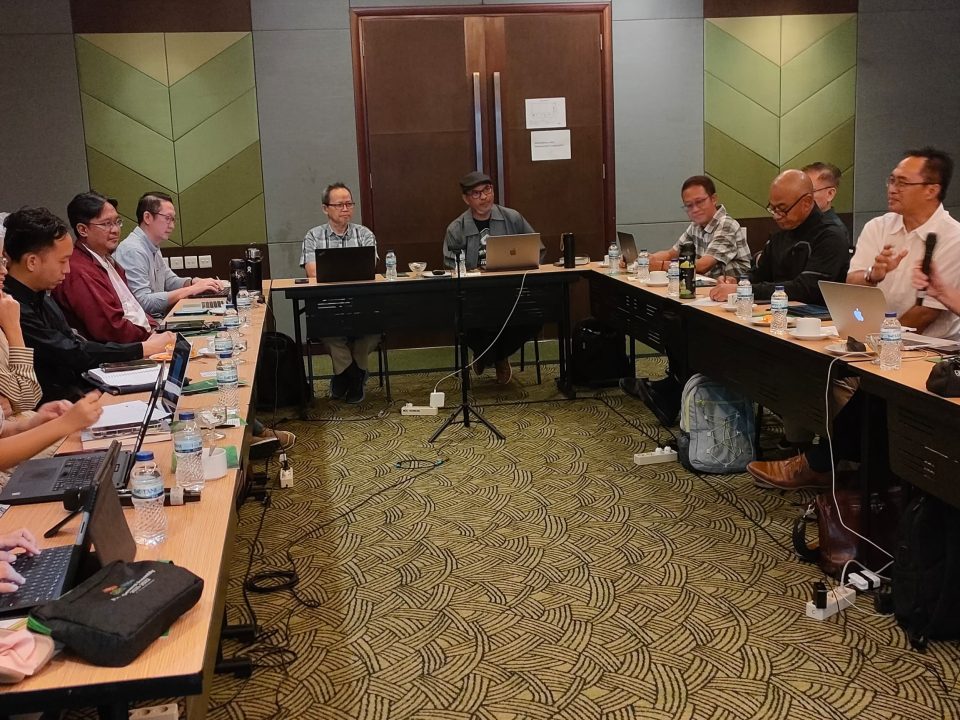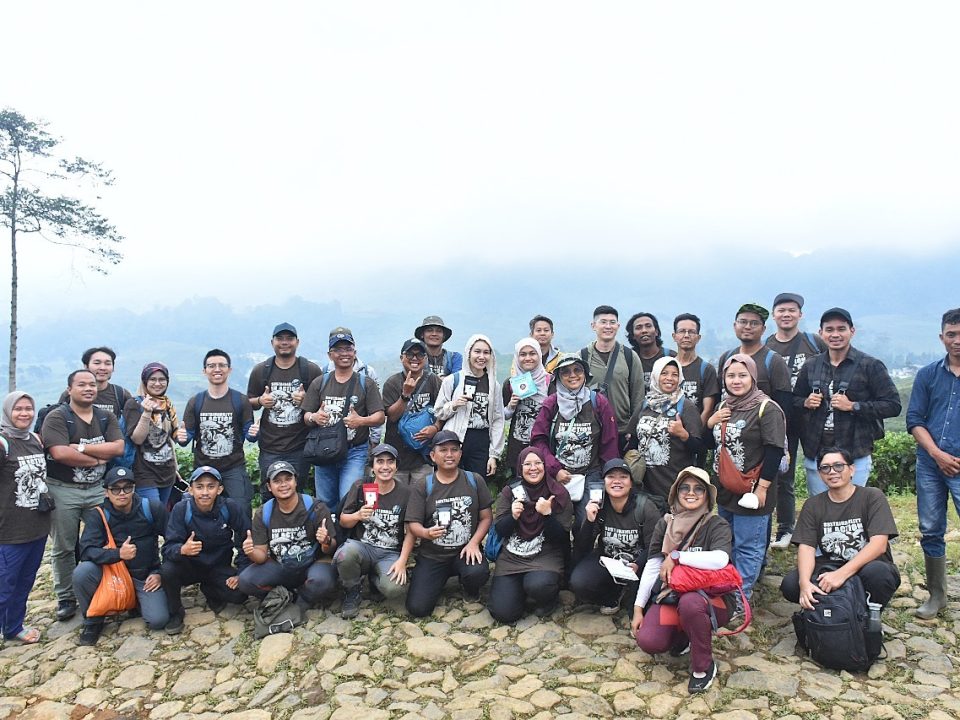Back to village? hmm .. wait a minute. Sounds familiar with this invitation, but .. what is ready for the future?
When life was so used to the bustle of the crowded city, fast-paced rhythms – or rush – and then suddenly have to change to go far from the noisy cars, work in a way that- maybe- not as we did in the city .. the choice for back to the village to be difficult for some people.
Although we often complain about the traffic, the highly crowded of public transport, not to mention a crime that often haunted outside the house, but still. life of the city has always been home every time.
Switching to the village as if was never an option, because of the limited space for nine to fivers, which is why there’s so many similar invitations like Sarjana Membangun Desa, Indonesia Mengajar, etc, so that the youth would serve to mitigate the high level of urbanization.
The instigators of life in the village also want to contribute something. Some time ago we were invited at a conference of the International Conference on Village Revitalization initiated by a handful of people who care about village revitalization. Oh, yes don’t forget also the attention of the current government to build the village, which is reflected in the disbursement of funds to be managed independently by each village.
This time, turns out the instigators of villages in Bali invited us to participate in Rural Entrepreneurship Training. The training is showing that there is a lot of potential that can be tapped if we want to implement the entrepreneurial spirit in the village. Participants who came were not only among environmentalists, but many of those who actually have long lived outside, working abroad, and rarely can feel life and living in the village. To that this experience be a source of fresh air for them, if at any time will return to Indonesia and contribute to the development of the village, this is what they gonna do.
“The village was, if not tourism, so agriculture” said Bli Agung, owner of travel attraksi Walker in Sanur.
Agriculture and tourism, according to the Customary Chief of Munduk Village Bli Putu, are two different things. Although Munduk Village tourism rating has been known since the 1960s, he still did not want to call his village as a tourism village.
“The farmer with the tourist crowd is different. I do not want if, later on the day the villagers just rely on outsiders alone while his field produce is no longer considered. One farmer, no matter how small the land he had, he remains the owner. Meanwhile, tourism act as the opposite “
For Bli Putu, although until now his village is well visited by tourist, its residents still treat the tourists with a common attitude, not overwhelmingly entertain, but still given enough information if they ask.
Bali already become one of the tourist trademark, so it’s easy for villages in Bali to develop the kinds of tourism village and provide homestay, doing activities with the locals, as implemented by Nyambu Village.
Munduk Village is different with this Nyambu Village. The village is collaborating with external parties, to develop all the potential that exists in the village. Starting from the temple with traces of history, the spring that still pure and clear, vast rice fields, and the activities of local people also become a tourist attraction to be felt by the travelers.
So what about the villages outside of Bali, which is not so synonymous with tourism?
Then back to the first point: farming. From this training we were invited to return to the map. Map the things that would be needed. Mapping the potential and problems, obviously being one of the original strategy if you want to see a general overview of a village.
If you already know the potential and opportunities that could be developed in the village, why do we still hesitant to return?
Well .. if in doubt, at least deep down inside there is a plan, whether it be five, ten, or twenty years from now, to later leave the breakdown of the capital.






